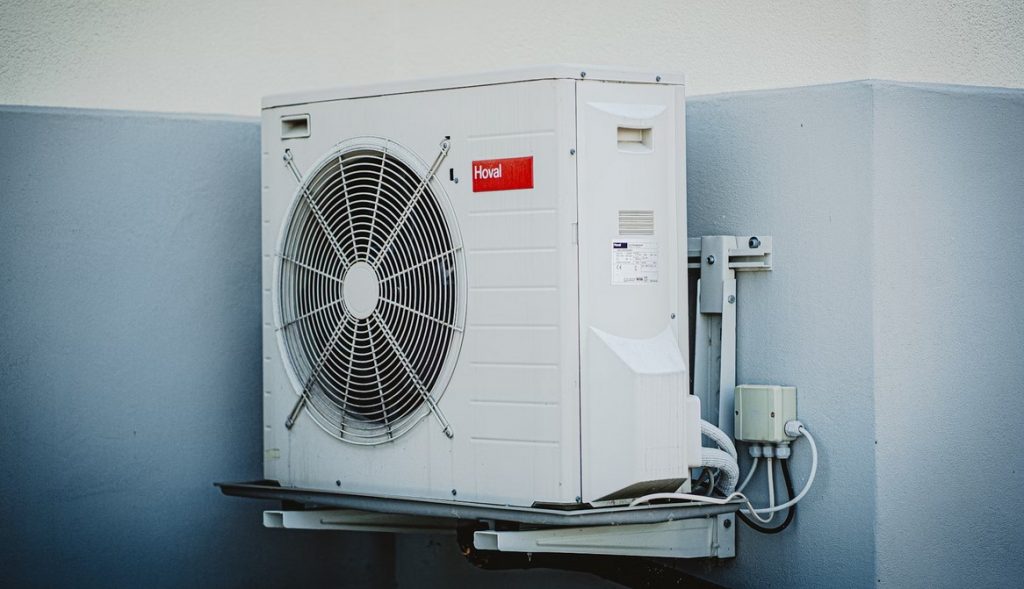Is your HVAC unit making unsettling noises? You’re not alone. Many homeowners experience strange sounds from their heating, ventilation, and air conditioning systems. These noises can range from annoying to alarming. Understanding these sounds can help you identify potential issues before they become costly repairs. In this blog post, we’ll explore common causes of noises in HVAC and climate control units, offering insights and practical tips to keep your system running smoothly.
Understanding HVAC Noises
Why HVAC Systems Make Noise
HVAC systems, like any mechanical device, can produce noise during operation. These sounds often tell a story, revealing the inner workings and potential issues of your unit. While some noise is normal, excessive or unusual sounds indicate that something might be wrong.
Types of Sounds
Different noises can signify different problems. Buzzing, clanking, and whistling are just a few sounds you might hear. Each type of noise points to a specific issue within the system. Identifying these sounds can help you address the problem quickly.
Importance of Addressing Noises
Ignoring unusual noises can lead to more significant problems down the line. Addressing these sounds promptly can prevent minor issues from escalating into costly repairs, ensuring your HVAC system’s longevity and efficiency.
Common HVAC Noises and Their Causes
Buzzing Sounds
A buzzing sound is often an indication of electrical issues within the HVAC system. Loose wiring, failing capacitors, or a malfunctioning thermostat can create a persistent buzz. It’s essential to address this immediately to avoid potential electrical hazards.
Clanking and Banging
Clanking or banging noises typically indicate loose or broken components inside the unit. This could be due to loose blades, a broken motor mount, or issues with the compressor. Ignoring these sounds can lead to more severe damage and costly repairs.
Whistling or Hissing
Hissing or whistling sounds often point to air leaks within the ductwork. These leaks can reduce the system’s efficiency, leading to higher energy bills and less effective temperature control. Sealing these leaks can improve performance and reduce noise.
Specific Issues in Climate Control Units
High-Pitched Screeching
A high-pitched screeching noise usually indicates a problem with the blower motor or fan. Worn-out bearings or a loose belt can cause this sound. Regular maintenance can prevent these issues, ensuring smooth and quiet operation.
Rattling Noises
Rattling sounds can be caused by loose debris or parts within the unit. This might include screws, nuts, or other small components that have become dislodged. Clearing out debris and tightening loose parts can resolve this issue.
Clicking Sounds
Clicking noises are often related to the electrical components of the unit, such as the relay switch or thermostat. While some clicking is normal when the system turns on or off, continuous clicking may signal a problem that needs professional attention.
Other Common Causes of HVAC Noises
Dirty Filters
Dirty or clogged filters can restrict airflow, causing the system to work harder and produce noise. Regularly replacing or cleaning filters can prevent this issue, ensuring efficient and quiet operation.
Refrigerant Leaks
A refrigerant leak can cause a hissing or bubbling sound. This not only affects the system’s cooling ability but can also be harmful to the environment. Addressing refrigerant leaks promptly is crucial for both performance and safety.
Ductwork Issues
Problems with the ductwork, such as loose or damaged ducts, can create various noises. Ensuring that ductwork is properly installed and maintained can minimize these sounds and improve overall system efficiency.
Preventative Measures
Regular Maintenance
Routine maintenance is key to preventing noise and ensuring the longevity of your HVAC system. Regular inspections, cleaning, and tune-ups can identify and resolve potential issues before they become major problems.
Professional Inspections
Hiring a professional for regular inspections can provide peace of mind. Experts can identify and fix issues that might not be visible to the untrained eye, ensuring your system runs smoothly and quietly.
Upgrading Components
Sometimes, older components can become noisy as they wear out. Upgrading to newer, quieter parts can improve your system’s performance and reduce noise levels.
When to Call a Professional
Persistent Noises
If you’ve tried troubleshooting and the noise persists, it’s time to call in a professional. Persistent noises often indicate underlying issues that require expert attention.
Safety Concerns
Noises accompanied by burning smells or electrical issues should be addressed immediately by a professional. These can pose serious safety risks and should not be ignored.
System Performance
If the noise is affecting your HVAC system’s performance, seeking professional help is essential. A well-functioning system should operate quietly and efficiently.
Conclusion
Understanding the common causes of noises in HVAC and climate control units can help you maintain a quiet and efficient system. Regular maintenance, timely repairs, and professional inspections are crucial in preventing and addressing these issues. If you’re experiencing persistent or unusual noises, don’t hesitate to seek professional help. For residents needing air conditioning repair in Tempe, our expert team is here to assist you. Keep your HVAC system running smoothly and enjoy a comfortable, noise-free home.


